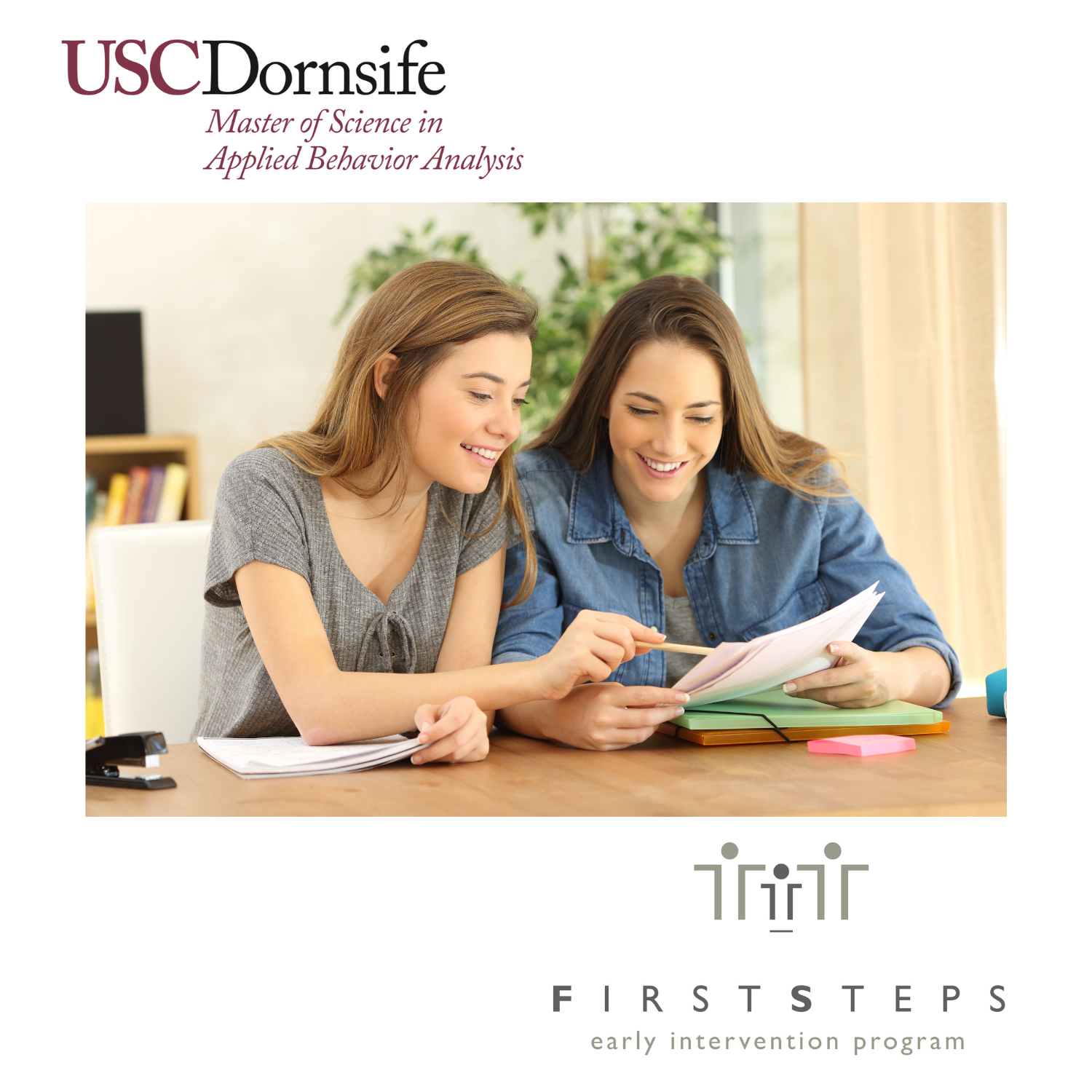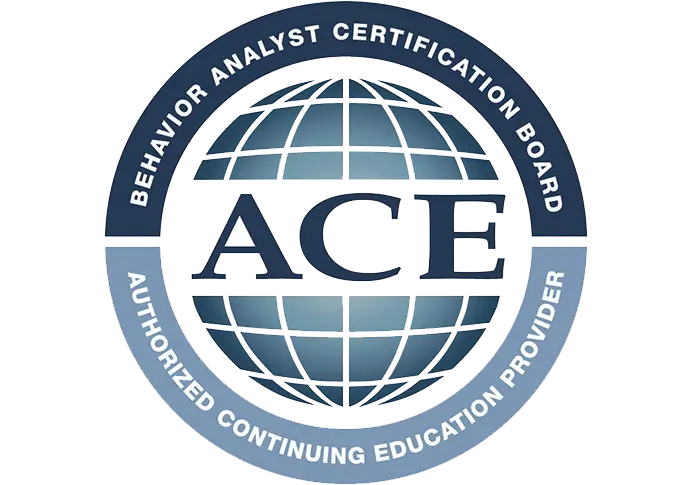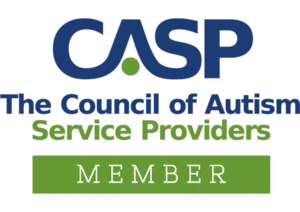Our Program
ABA
HOW WILL FIRSTSTEPS HELP MY CHILD AND MY FAMILY?
You likely found FirstSteps via a referral from your pediatrician, a speech therapist, developmental psychologist, health plan, or education specialist, and were simply told that your child “needs ABA” (Applied Behavior Analysis). If that is the case, you probably are not exactly sure what this ABA thing is all about.
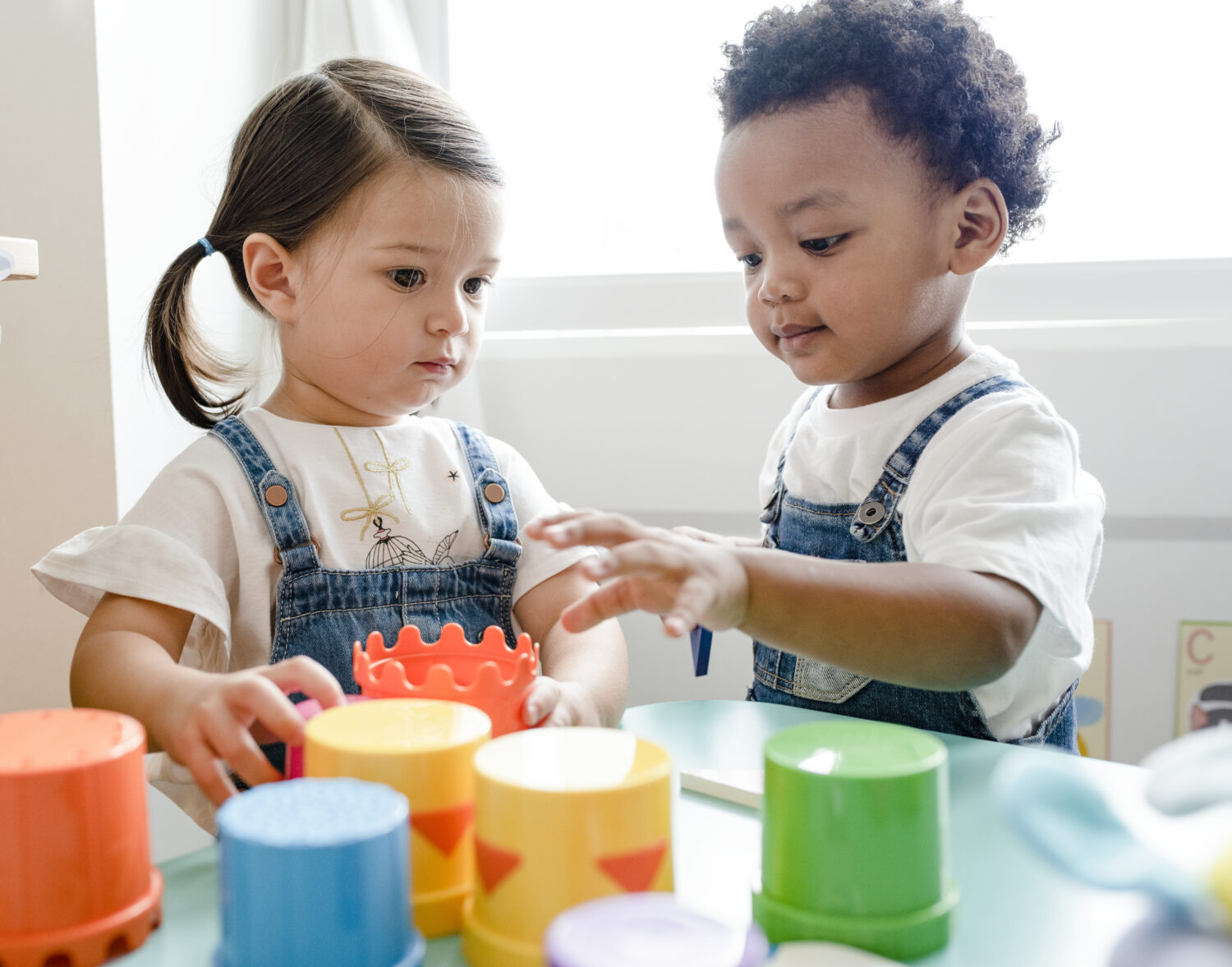

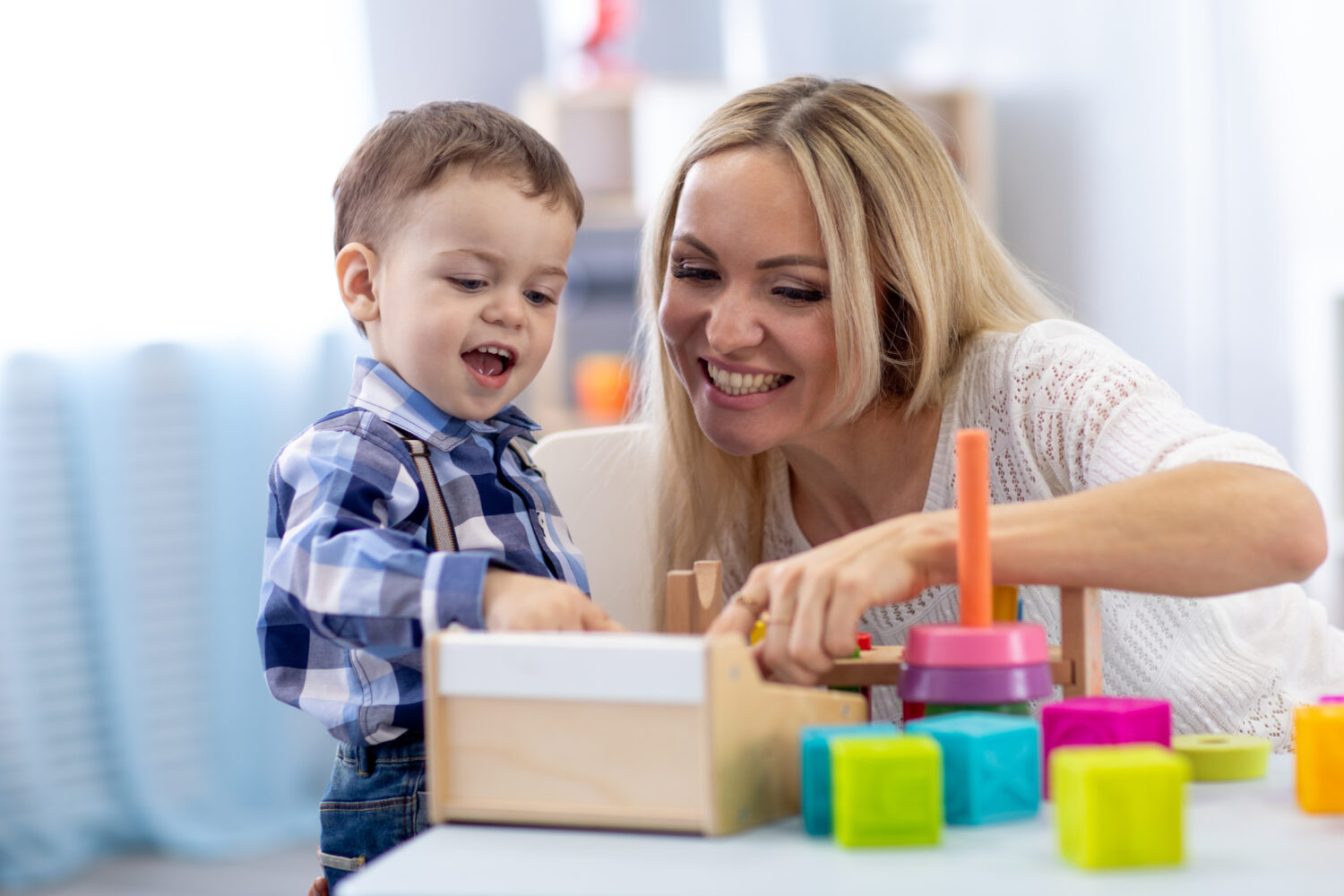
Behavior analysis is simply the scientific study of human behavior. It is the process of identifying and understanding the environmental factors that influence everything we do, be it saying “Hello” upon seeing a friend, asking for some “water,” or even jumping on the bed.
These environmental factors, once identified, can be strategically modified via Applied Behavior Analysis (ABA) to create new learning opportunities and promote the development of socially important behavior such as communication and language, social skills, and adaptive behaviors. In essence, with ABA treatment, new and appropriate skills are taught and function to replace challenging behavior that interferes with learning.
Generally speaking, your child’s behavior (remember, behavior means everything a person does) may be sorted into three categories, which serve as a starting point for intervention:
Generally speaking, your child’s behavior (remember, behavior means everything a person does) may be sorted into three categories, which serve as a starting point for intervention:
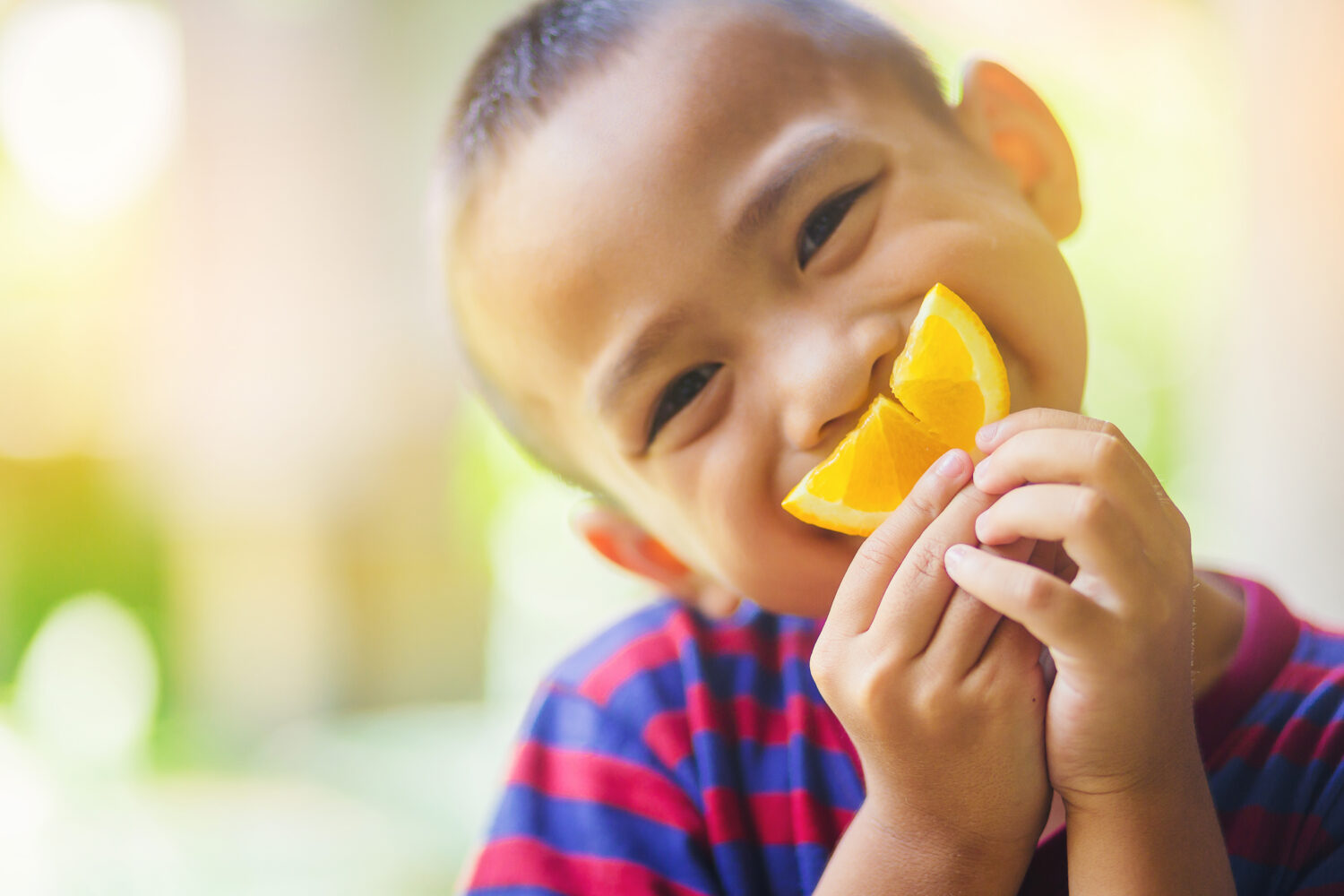
1 Appropriate Behavior
A skill or behavior is considered “appropriate” if it is within the range of those exhibited by same-age peers, thus often referred to as being “age- appropriate.” Appropriate behaviors already in your child’s repertoire will not be a focus of intervention, though always will be reinforced.
2 Deficient Behavior
• Language & Communication
• Play Skills
• Social Skills
• Motor Skills
• Self-Care & Adaptive Behavior
• Language & Communication
• Play Skills
• Social Skills
• Motor Skills
• Self-Care & Adaptive Behavior

3 Barriers to Learning
• Tantrum Behavior
• Aggression
• Self-Injury
• Stereotypy
• Rigidity | Rituals
• Pica
• Tantrum Behavior
• Aggression
• Self-Injury
• Stereotypy
• Rigidity | Rituals
• Pica
Thus, at FirstSteps, we will first identify your child’s interests, preferences, and strengths. We will take the time to understand WHY they engage in particular behaviors that are of concern (often it is to communicate!) and HOW we can replace that behavior with a new skill to serve the same function. By understanding the WHY, we are able to teach your child new ways to express their needs in a manner that makes their lives easier and facilitates the development of positive social relationships.
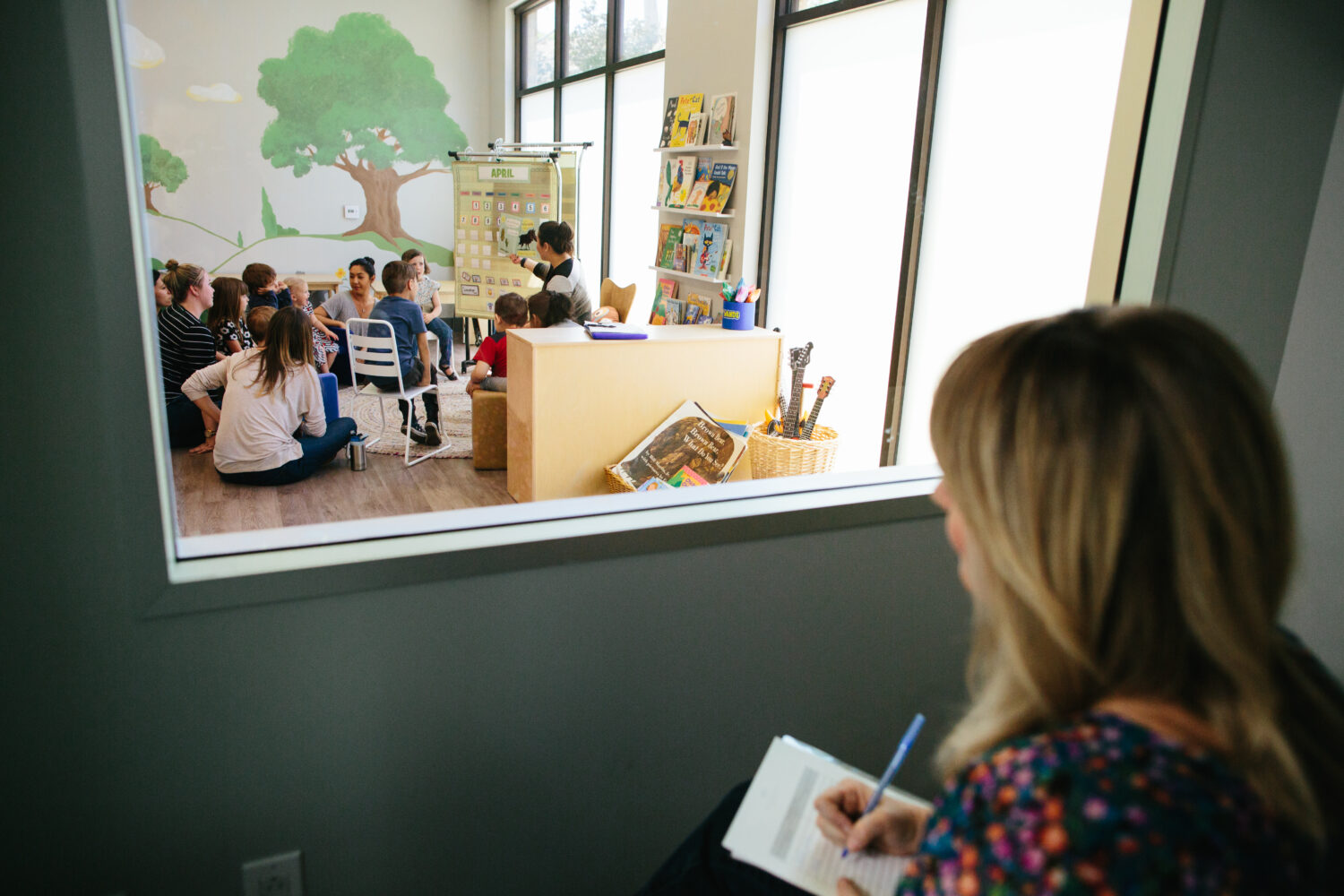
Teaching New Behaviors
The FirstSteps Curriculum
The FirstSteps Early Intervention Program
The FirstSteps Early Intervention Program

Instructional Targets + Curriculum
Instructional Targets + Curriculum
- CLICK STEPS BELOW, to see curricula
Learning to Learn
Generally, the initial skills targeted in a child’s program, these include variety of pivotal learning skills that are the foundational skills for more advanced instructional programs. These skills are best taught prior to attending group education, like pre-school.
- Motor and Vocal Imitation
- Eye Contact
- Following Simple Instructions and Following Directions
- Sitting and Attention Skills
Language + Communication
Communicative targets follow a verbal behavior model, and focus on independence in communication of one’s needs, wants, and ideas.
- Echoic behavior/ Vocal Imitation
- Mands/ Making Requests
- Receptive Language/ Following Instructions/ Manded Behavior
- Tacts/ Commenting on the world
- Intraverbals/ Conversation
- Pragmatics/ Social Communication
Motor Skills
Working in conjunction with other specialized service providers (such as Physical or Occupational Therapists), Fine particular care placed on selecting skills that will directly lead to improved self-care and socialization. Example Instructional Targets include:
- Finger and Hand Strength
- Walking and Balance
- Running and Chasing
- Ball Skills
Play Skills
A vital part of childhood and socialization with peers, great care is taken to establish a rich repertoire of play skills that learners may enjoy in their everyday lives with family and new friends. Example Instructional Targets include:
- Independent toy play and toy-governed behavior
- Pretend Play with Functional/ Life-Like Objects
- Symbolic and Constructive Play
- Imaginary and Sociodramatic Play
- Gross Motor Play and Games with Rules
Self-Care + Daily Living Skills
Based on individual need, essential skills are taught to foster independence in daily living. Example Instructional Targets include:
- Toileting Skills
- Feeding Skills
- Undressing and Dressing Skills
- Grooming Skills
- Safety Awareness
Social Skills
Social norms and behaviors are introduced and practiced through a variety of structured and incidental means. Example Instructional Targets include:
- Social Play
- Imitation of Peers
- Associative and Cooperative Play
- Joining and Initiating Play
- Responding to Social Cues
- Following Social Norms/ Establishing Rule-Governed Behavior
- Problem Cooperative Behavior
- Conflict Resolution
Perspective Taking + Theory of Mind
Particular emphasis is placed on not just identifying others’ perspectives but applying practical skills to social interactions in the natural environment. Example Instructional Targets include:
- Emotions and Desires
- Understanding and Responding to What Others Know and Believe
- Preferences and Individual Differences
- Intentions and Deception
Executive
Functioning Skills
Increased independence is established via teaching our children to plan and engage in goal-directed behavior and self-monitoring, including:
- Working Memory
- Inhibitory Control
- Sustained Attention
- Flexibiliry
- Planning and Goal Setting
- Organization
- Problem Solving
- Self-Regulation
Academic Skills
Working in collaboration with your child’s educators, FirstSteps develops individualized programs to bolster academic skills and/or add systems to ensure your child performs to their highest potential in the classroom. Example Instructional Programs include behavioral interventions that support:
- Letter and Number Awareness
- Phonemic Awareness
- Counting and Quantitative Concepts
- Reading
- Oral Language and Reading Comprehension
- Mathematics
- Writing Skills
Learning to Learn
Generally, the initial skills targeted in a child’s program, these include variety of pivotal learning skills that are the foundational skills for more advanced instructional programs. These skills are best taught prior to attending group education, like pre-school.
Motor and Vocal Imitation
Eye Contact
Following Simple Instructions and Directions
Sitting and Attention Skills
Language + Communication
Communicative targets follow a verbal behavior model, and focus on independence in communication of one’s needs, wants, and ideas.
Echoic behavior / Vocal Imitation
Mands / Making Requests
Receptive Language / Following Instructions / Manded Behavior
Tacts / Commenting on the world
Intraverbals / Conversation
Pragmatics / Social-Communication
Motor Development
Working in conjunction with other specialized service providers (such as Physical or Occupational Therapists), Fine Motor and Gross Motor Skills are strengthened, with particular care placed on selecting skills that will directly lead to improved self-care and socialization. Example Instructional Targets include:
Finger and Hand Strength
Walking and Balance
Running and Chasing
Ball Skills
Play Skills
A vital part of childhood and socialization with peers, great care is taken to establish a rich repertoire of play skills that learners may enjoy in their everyday lives with family and new friends. Example Instructional Targets include:
Independent toy play and toy-governed behavior
Pretend Play with Functional / Life-Like Objects
Symbolic and Constructive Play
Imaginary and Sociodramatic Play
Gross Motor Play and Games with Rules
Social Skills
Social norms and behaviors are introduced and practiced through a variety of structured and incidental means. Example Instructional Targets include:
• Social Play
o Imitation of Peers
o Associative and Cooperative Play o Joining and Initiating Play
Self-Care + Daily Living Skills
Based on individual need, essential skills are taught to foster independence in daily living. Example Instructional Targets include:
Toileting Skills
Feeding Skills
Undressing and Dressing Skills
Grooming Skills
Safety Awareness
Perspective Taking + Theory of Mind
Particular emphasis is placed on not just identifying others’ perspectives but applying practical skills to social interactions in the natural environment. Example Instructional Targets include:
Emotions and Desires
Understanding and Responding to What Others Know and Believe
Preferences and Individual Differences
Intentions and Deception
Executive Functioning Skills
Increased independence is established via teaching our children to plan and engage in goal-directed behavior and self-monitoring, including:
Working Memory
Inhibitory Control
Sustained Attention
Flexibility
Problem Solving
Self-Regulation
Academic Skills
Working in collaboration with your child’s educators, FirstSteps develops individualized programs to bolster academic skills and/or add systems to ensure your child performs to their highest potential in the classroom. Example Instructional Programs include behavioral interventions that support:
Letter and Number Awareness
Phonemic Awareness
Counting and Quantitative Concepts
Reading
Generally, the initial skills targeted in a child’s program, these include variety of pivotal learning skills that are the foundational skills for more advanced instructional programs. These skills are best taught prior to attending group education, like pre-school.
Motor and Vocal Imitation
Eye Contact
Following Simple Instructions and Directions
Sitting and Attention Skills
Language + Communication
Communicative targets follow a verbal behavior model, and focus on independence in communication of one’s needs, wants, and ideas.
- Echoic behavior/ Vocal Imitation
- Mands/ Making Requests
- Receptive Language/ Following Instructions/ Manded Behavior
- Tacts/ Commenting on the world
- Intraverbals/ Conversation
- Pragmatics/ Social Communication
Working in conjunction with other specialized service providers (such as Physical or Occupational Therapists), Fine Motor and Gross Motor Skills are strengthened, with particular care placed on selecting skills that will directly lead to improved self-care and socialization. Example Instructional Targets include:
Finger and Hand Strength
Walking and Balance
Running and Chasing
Ball Skills
A vital part of childhood and socialization with peers, great care is taken to establish a rich repertoire of play skills that learners may enjoy in their everyday lives with family and new friends. Example Instructional Targets include:
Independent toy play and toy-governed behavior
Pretend Play with Functional / Life-Like Objects
Symbolic and Constructive Play
Imaginary and Sociodramatic Play
Gross Motor Play and Games with Rules
Social norms and behaviors are introduced and practiced through a variety of structured and incidental means. Example Instructional Targets include:
Social Play
Imitation of Peers
Associative and Cooperative Play
Joining and Initiating Play
Responding to Social Cues
Identifying Social Norms/ Establishing Rule-Governed Behavior
Cooperative Behavior
Conflict Resolution
Based on individual need, essential skills are taught to foster independence in daily living. Example Instructional Targets include:
Toileting Skills
Feeding Skills
Undressing and Dressing Skills
Grooming Skills
Safety Awareness
Increased independence is established via teaching our children to plan and engage in goal-directed behavior and self-monitoring, including:
Working Memory
Inhibitory Control
Sustained Attention
Flexibility
Planning and Goal Setting
Organization
Problem Solving
Self-Regulation
Working in collaboration with your child’s educators, FirstSteps develops individualized programs to bolster academic skills and/or add systems to ensure your child performs to their highest potential in the classroom. Example Instructional Programs include behavioral interventions that support:
Letter and Number Awareness
Phonemic Awareness
Counting and Quantitative Concepts
Reading
Oral Language and Reading Comprehension
Mathematics
Writing Skills
Particular emphasis is placed on not just identifying others’ perspectives but applying practical skills to social interactions in the natural environment. Example Instructional Targets include:
Emotions and Desires
Understanding and Responding to What Others Know and Believe
Preferences and Individual Differences
Intentions and Deception
Ensuring Success
Simply put, we use what the scientific research has demonstrated to result in optimal learning and re-create those conditions to create an enriched environment for your child. We start by learning all we can about your child; what makes them smile, motivated, excited to learn, and what does the opposite. We take that information and create a custom learning environment that is most likely to support rapid acquisition of new skills and ensures that your child’s preferences are always prioritized.
Learning must be fun!
Since our children often come to us without having had many positive experiences learning new things, we work to change that history immediately and show them they can learn! Complex skills and behaviors are broken into smaller individual skills that we are confident your child is ready to master. As they progress with lots of praise and reinforcement, we gradually increase the complexity of the skill being taught and praise and reinforce those new skills, ensuring they keep progressing forward to learn more and more each day.

Consistency
Matters
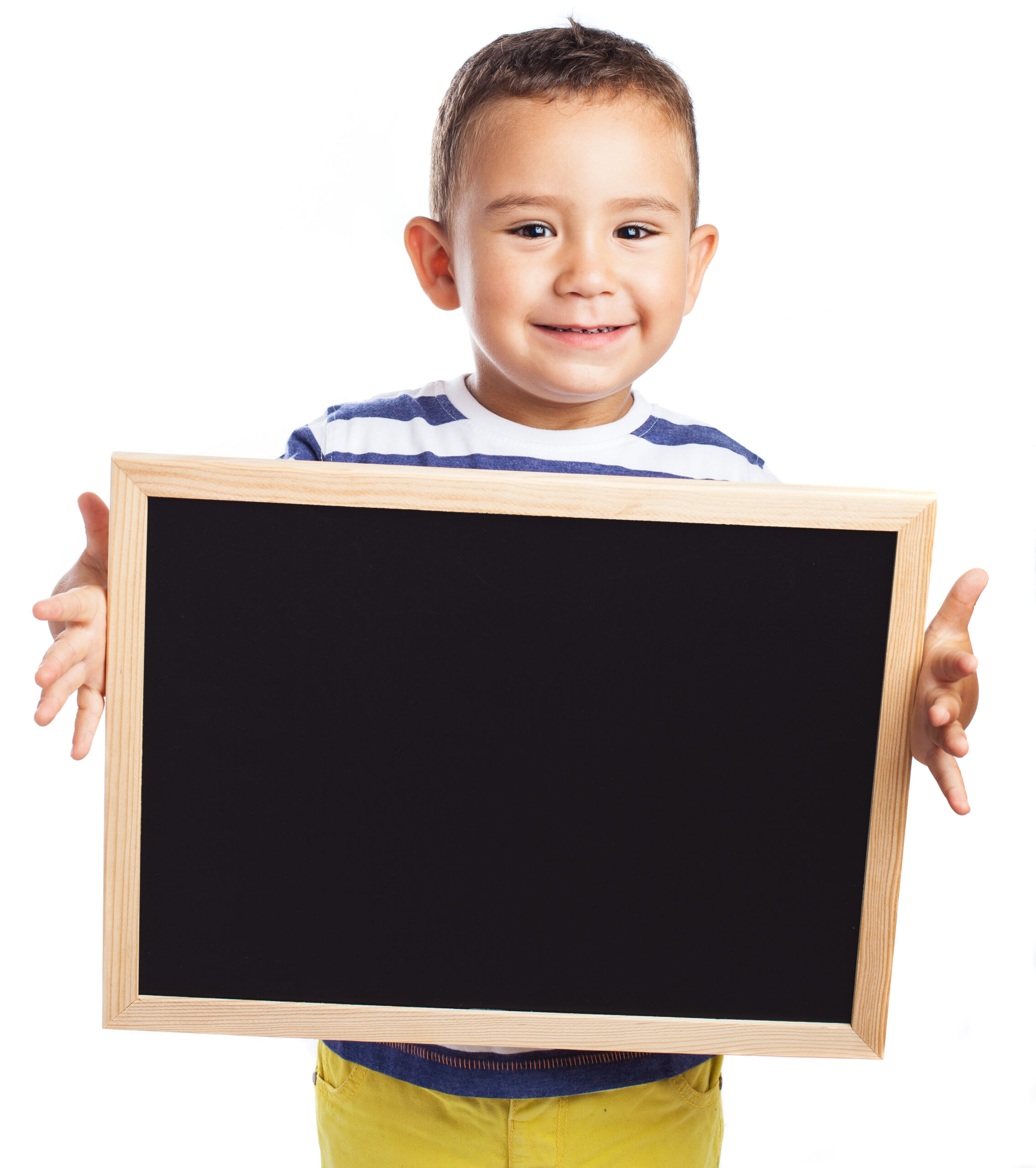
We want your child to have hundreds, if not thousands of opportunities per day to learn and practice new skills. To ensure forward progress, everyone teaching your child must be on the same page and working towards the same goals. It is also critical that your child receives “therapeutic levels of service” as explained in the research literature.
Science Supports ABA
Research has consistently demonstrated a strong predictive relationship between service hours received and treatment response. Specifically, these studies demonstrate significant benefits for children who begin ABA services soon after diagnosis and at a dosage that exceeds 25 hours per week with parents highly active in their children’s intervention.


Our goal is to ensure a better today and tomorrow for your child by teaching them the skills and behavior they need to live as independently as possible and to access what makes them happy in life.
We do this by assuring:
- Our treatment services are always individualized and fun for your child
- That we collaborate with you and your other service providers to utilize our collective expertise for your child’s benefit and increase consistency of our intervention across people and settings
- That we work together to help your child develop the skills and behavior that will make a difference in their lives immediately and as adults
Uniquely FirstSteps
What makes FirstSteps Unique?
FirstSteps is Committed to Clinical Excellence
We contribute to the behavior analytic community
Members of our leadership team regularly serve on the Board of Directors for state and national associations, are invited speakers at local, state, and national events, and present clinical research at conferencs throughout the world. We are also an approved practicum site for many graduate school programs and provide supervision for our BCBA candidates. FirstSteps is also an approved Authorized Continuing Education (ACE) provider for the Behavior Analyst Certification Board (BACB) and a proud member of the Council of Autism Service Providers (CASP).
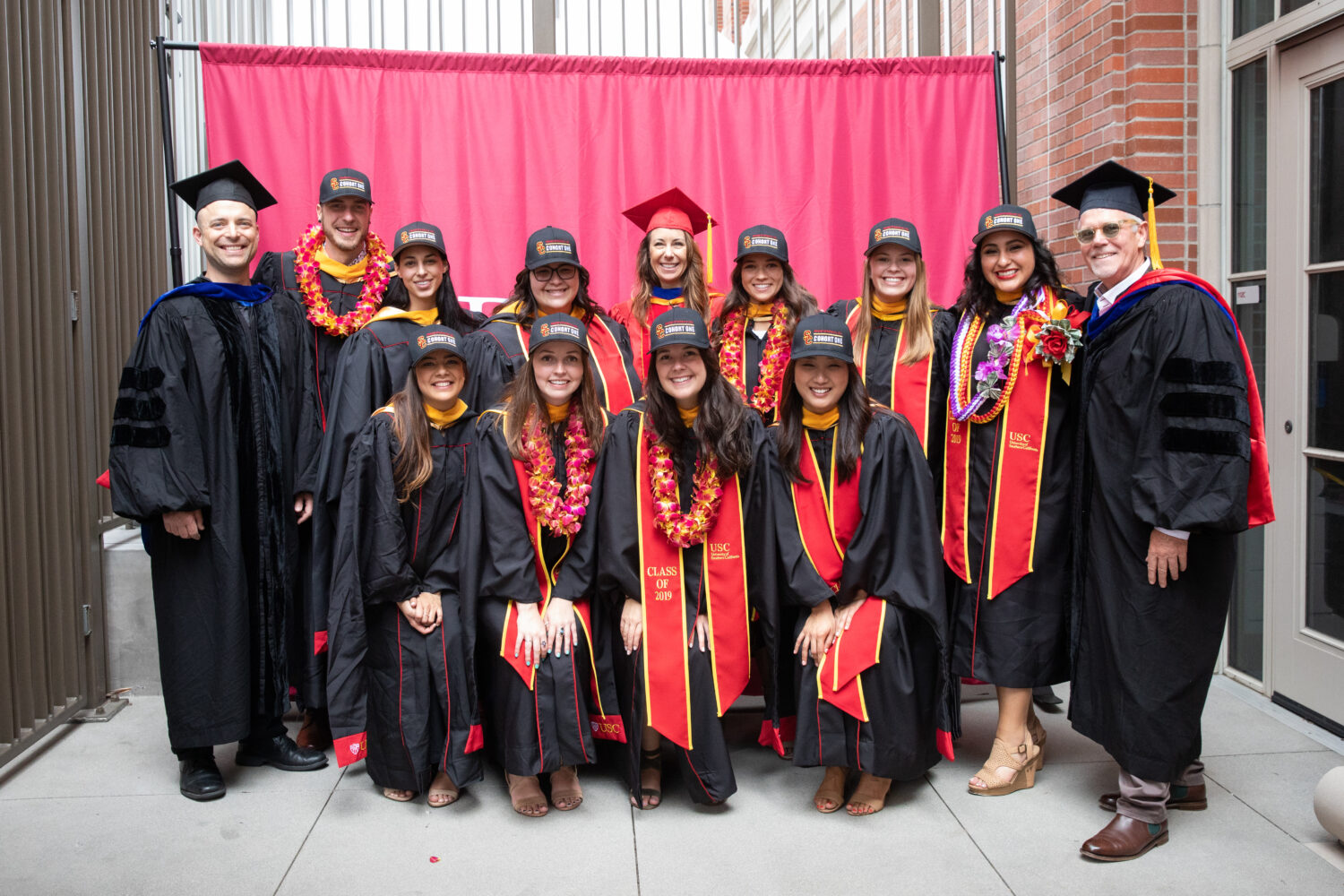
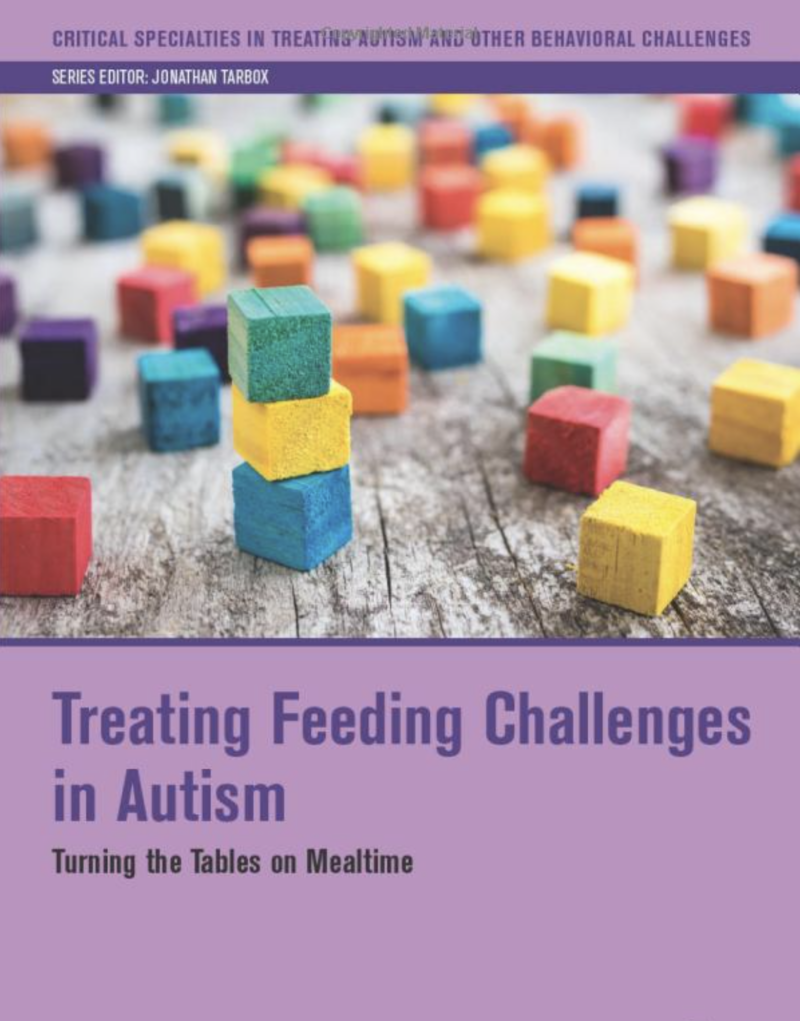
Team FirstSteps
Published Books
Team FirstSteps
Published Books
Click Here!
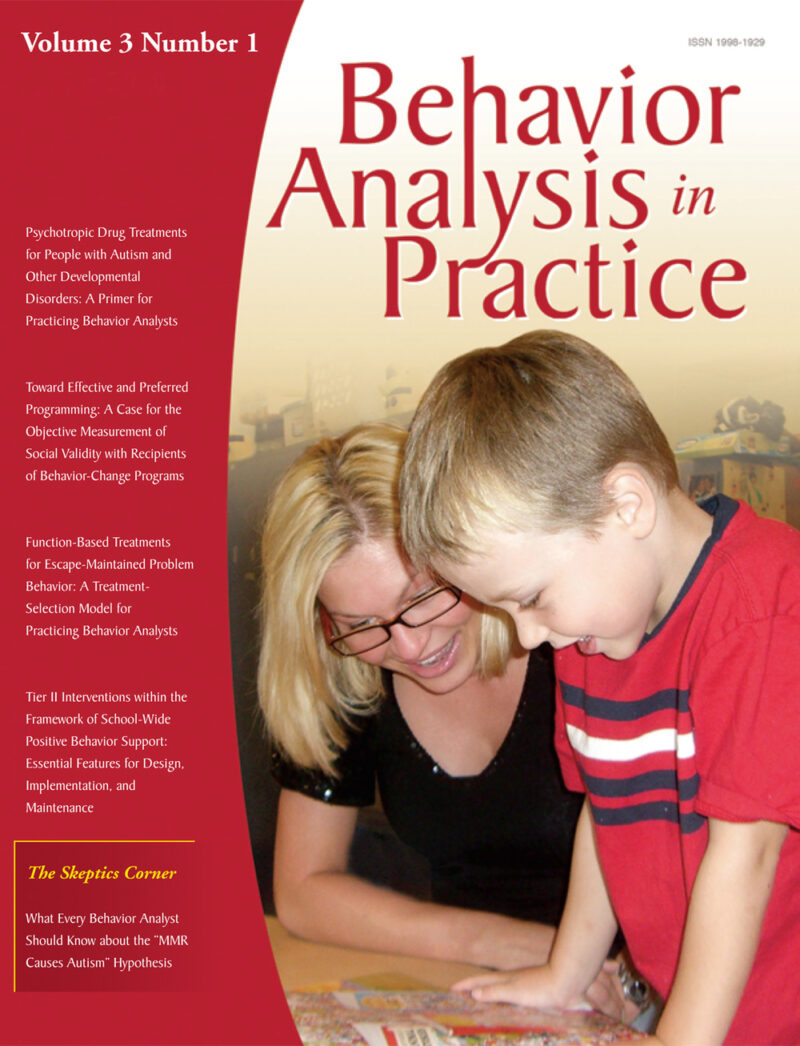
Team FirstSteps
Published Journal Articles
Team FirstSteps
Published Journal Articles
Click Here!
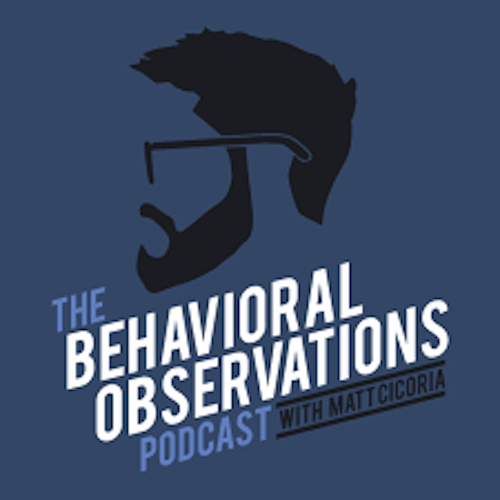
Team FirstSteps
Podcast Appearances
Team FirstSteps
Podcast Appearances
Click Here!
We are person-centered and always compassionate
Your child is our priority, and we want them to have a say in their own learning. We will honor their opinions and celebrate that they have them. From what we teach to how, we will attend to your child’s non-verbal and expressed preferences and will always ask, not tell.
Your child is our priority, and we want them to have a say in their own learning. We will honor their opinions and celebrate that they have them. From what we teach to how, we will attend to your child’s non-verbal and expressed preferences and will always ask, not tell.
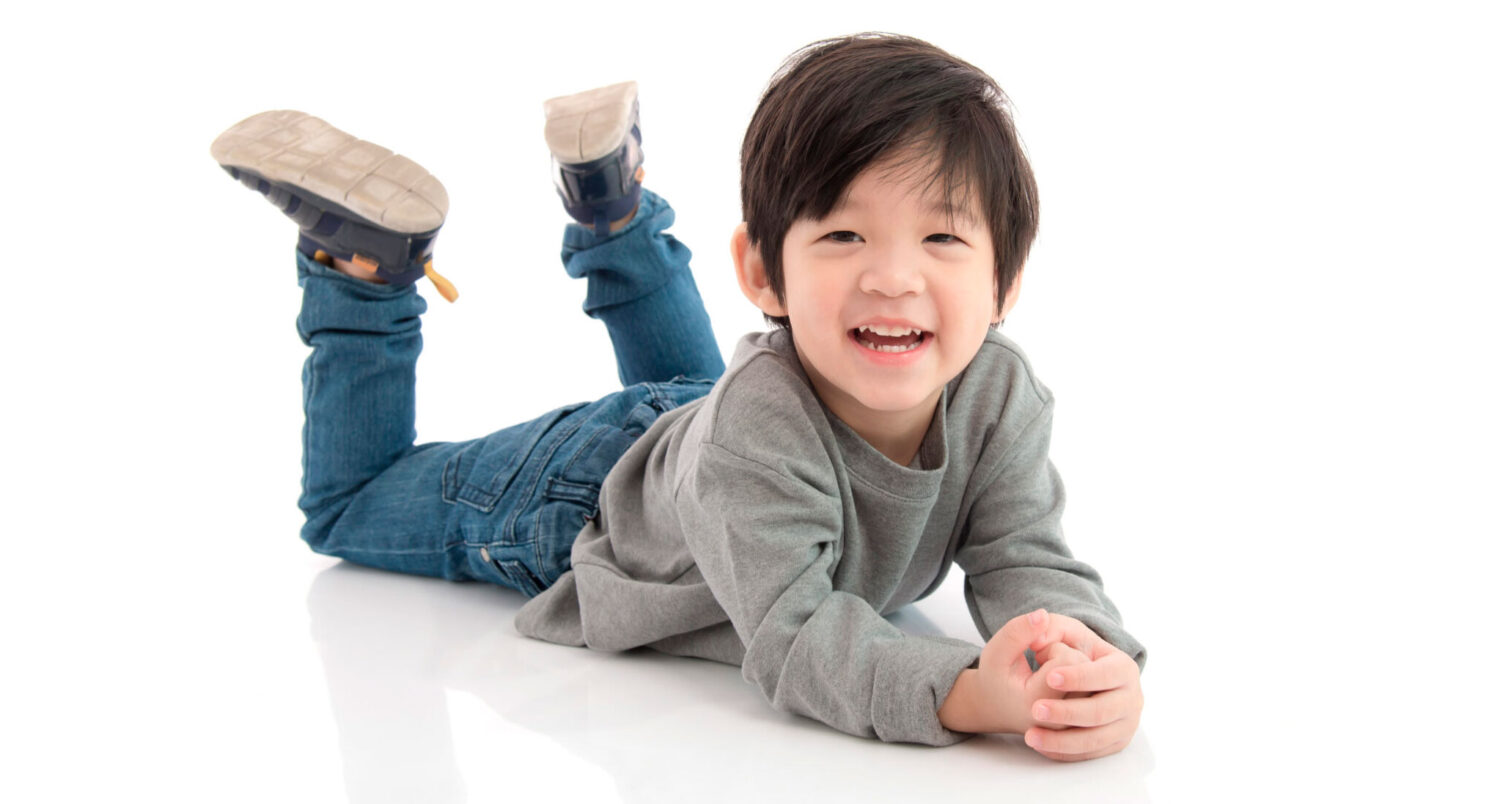
We are person-centered in all we do; we want to design interventions that our kids enjoy and value. We want to show them easier ways to express their needs and wants, and to choose to try something different when their past behavior has caused them more trial than triumph.
If your child is currently non-verbal, we will attend to their cues; are they smiling, engaged, looking for more, or are they frustrated and irritable and needing a break? Their feelings take priority. We will be there for them during their happy and challenging times, reassuring them as they take each step in the learning process.
To that end, our interventions are completely individualized. We will never simply follow an assessment or curriculum without consideration of each learner.
We value diversity, equity, and inclusivity in all aspects of our treatment model, in our service delivery with our clients, in collaboration with families and communities, and in our organizational culture and practices with our staff.
We live by the "always be learning" mentality

Unlike others, we don’t view training as a simple one-time experience for new hires. We are invested in our team, with ongoing learning opportunities provided throughout every year of employment and in every position. We know that your child’s treatment success depends on the expertise of our team and that drives us to continually innovate, share ideas, study the impact of our interventions, document those successes for the larger behavior analytic community, pursue advanced degrees, and even establish a new master’s degree program at a top ten university in the country. We don’t just hire for positions; We hire for careers. That is how expertise develops and infuses the high-quality intervention your child will receive at FirstSteps.
We encourage our team’s professional growth
